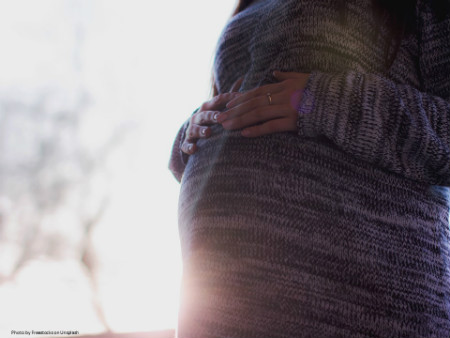While we have adequate data to support the use of SSRI antidepressants during pregnancy, there is less data regarding other classes of antidepressants. A new case series documents the outcomes of infants exposed to mirtazapine (Remeron).
This case series included 56 cases exposed to mirtazapine during pregnancy and lactation.
None of the 26 infants exposed to mirtazapine in the first trimester were born with a major malformation. The number of exposed to mirtazapine in this study is too small to rule out the possibility that mirtazapine increases the risk of malformations. However, if we add this study to previous reports, we now have about 300 cases with mirtazapine exposure documented in the literature with no clear signal suggesting increased risk of malformations.
Of the 54 infants exposed to mirtazapine in the third trimester, 14 were diagnosed with poor neonatal adaptation syndrome (PNAS). This incidence (25.9%) is similar to the incidence of PNAS after exposure to other antidepressants. The incidence of PNAS after exposure to mirtazapine was much lower in infants who were partially or fully breastfed composed to those who were bottle fed (18.6% versus 54.5%, P = 0.024).
Probably the most interesting and novel findings in this report is the observation that breastfeeding appears to decrease the risk of poor neonatal adaptation symptoms. This suggests (although does not prove) that the small amounts of mirtazapine delivered to the baby in the breast milk may reduce the risk of any sort of withdrawal phenomena.
Ruta Nonacs, MD PhD
Smit M, Wennink HJ, Heres MM, Dolman KK, Honig A. Mirtazapine in Pregnancy and Lactation: Data From a Case Series. J Clin Psychopharmacol. 2015 Feb 13. [Epub ahead of print]
Mirtazapine and Pregnancy (summary from OTIS)








Leave A Comment